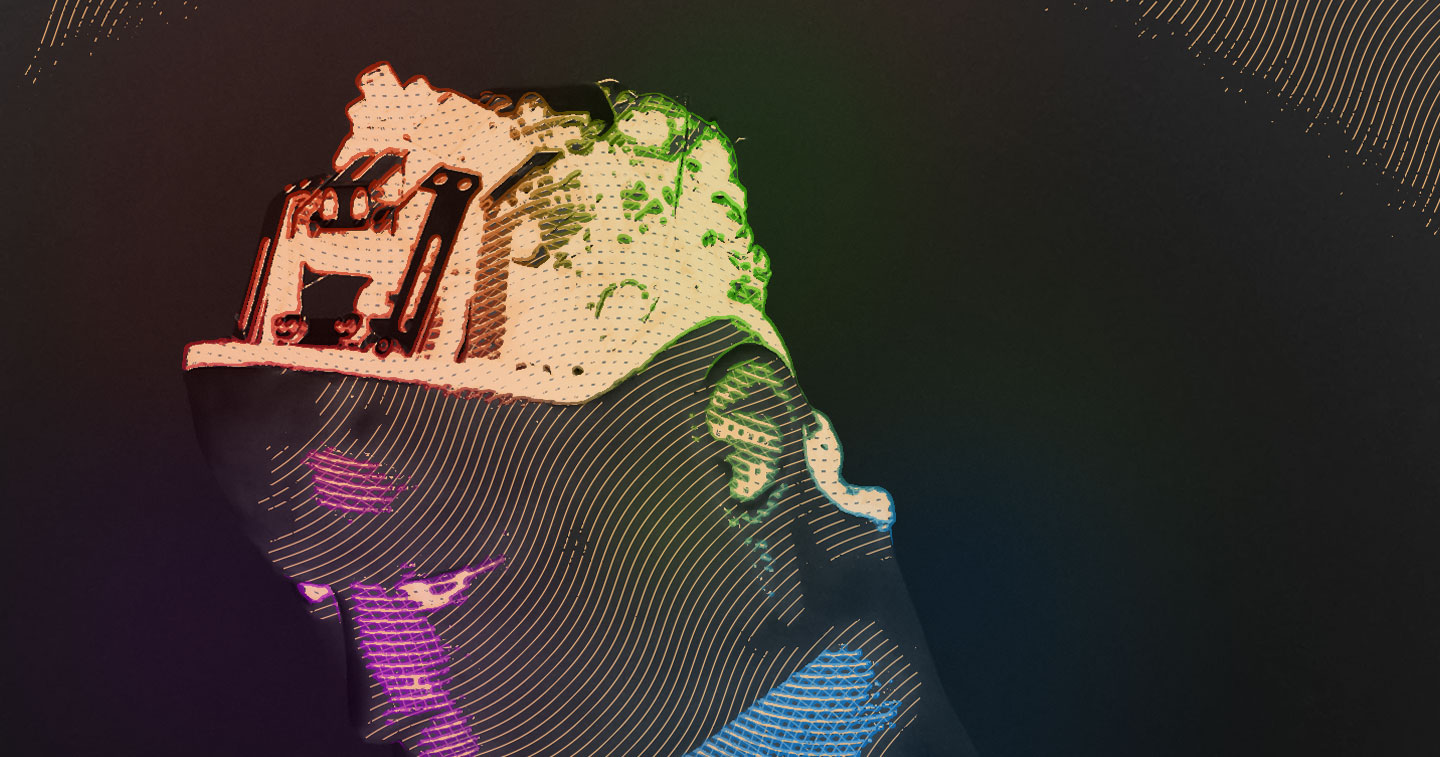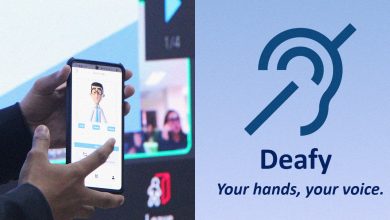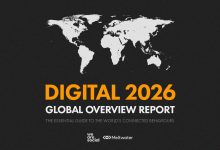(Words by Anton Sison)
Every great technological innovation has been met, at some point, with fear. From the Luddites of the 19th Century to the conspiracy theorists preparing to face our supposed robot overlords, history is rife with stories of people expecting the worst out of new tech.
Anxiety in the face of disruption is a perfectly human response, and one that persists even in our quickly changing world. According to a 2017 study by the Pew Research Center, roughly 72% of Americans worry about losing their jobs to automation.
We could guess blindly at how the numbers might stack up among Filipinos in 2019, but we won’t. Instead, we’ll take a look at the growing trends in artificial intelligence, and see if they’re any real cause for alarm for today’s professionals.
Specifically, we’ll take a look at the risk it poses to the vanguard of human ingenuity in today’s professional ecosystem: the creatives industry.
Knowing the “Enemy”
Without diving into the realm of the jarringly technical, artificial intelligence can be explained as teaching a machine to think and learn for itself. That is, by programming it to recognize trends and patterns, adapt to new input, and improve itself constantly with minimal intervention from a human technician.
The field of AI is dedicated, in effect, to creating machines that solve problems more accurately and more efficiently with every new example they encounter. Imagine locking an intern in a room full of numbers and case studies for a week, and coming back to find them overqualified.
From here, you can see where the fear starts: robots are smarter than us, faster than us, and they never complain. How can we ever hope to compete with a machine that could do our jobs?
The short answer is that we can’t.
The longer and more important answer is that we don’t have to just yet.
While AI is advancing at a breakneck pace, we’re farther away from an robot job-pocalypse than we are to the actual apocalypse.
Not Sooner, but Later
Way back in 2016, filmmaker Oscar Sharp released Sunspring: an experimental science fiction film written entirely by an LSTM neural network named Benjamin. You read that right: a robot wrote a script that was adapted into a movie –and it starred the guy from HBO’s Silicon Valley.
Impressive as it all sounds, the movie is a surreal mess of non sequiturs and narrative disarray. While it’s definitely a few steps above your phone’s predictive text function, it’s miles away from selling any tickets or winning any awards.
Over in the music industry, however, AI’s ability to recognize and replicate patterns has paved the way for a new age in music production: one where computers can predict the next killer track. It doesn’t even take a multi-billion dollar record label to make use of the technology; YouTuber Taryn Southern recently worked with AI to produce a pop album.
These stories tell us two things. First, they tell us that AI in its present form is a better assistant for some creative work than it is for others. Second, they tell us that even in fields where AI has contributed to stellar works of art, a human component is still very necessary.
The creatives industry is one of many that rely on the nuances of human cognitive function. While machines are becoming better at independently slogging through tasks like data-driven insighting, pattern recognition, basic translation, and paralegal work, there are some jobs that take a human touch.
Digital marketing is a good example of this. Thanks to developments in AI, we can target campaigns with greater precision and setup chatbots to manage leads more efficiently. Higher levels of automation haven’t eliminated the need for human specialists –if anything, it’s given the creative and the creative-adjacent so much more to do.
Don’t Hate, Automate
We’re not saying that AI won’t eliminate jobs. Accountants may be in danger, as are a number of blue collar workers. There will be growing pains felt by some, as is always the case with revolutionary technology, followed by what should be a boom in opportunities to learn and work.
But the creatives industry appears largely insulated by the fact that it’s just really, really hard to recreate the human mind.
At this point in time, the best thing for the creatives industry is to embrace the changes that AI has to bring. By and large, the technology empowers creatives professionals more than it threatens them, making processes easier, targets more viable, and ROI much easier to track.
You wouldn’t shriek at the mention of After Effects, and you wouldn’t chase Photoshop away with a crucifix. Put the pitchforks and torches away, and wave hello to our new cybernetic interns.
—
About the author:
Anton Sison is a digital marketing consultant at CirroLytix. He enjoys cursing at the heat, writing for the stage, and leaving his girlfriend cute shout-outs in unlikely places.







